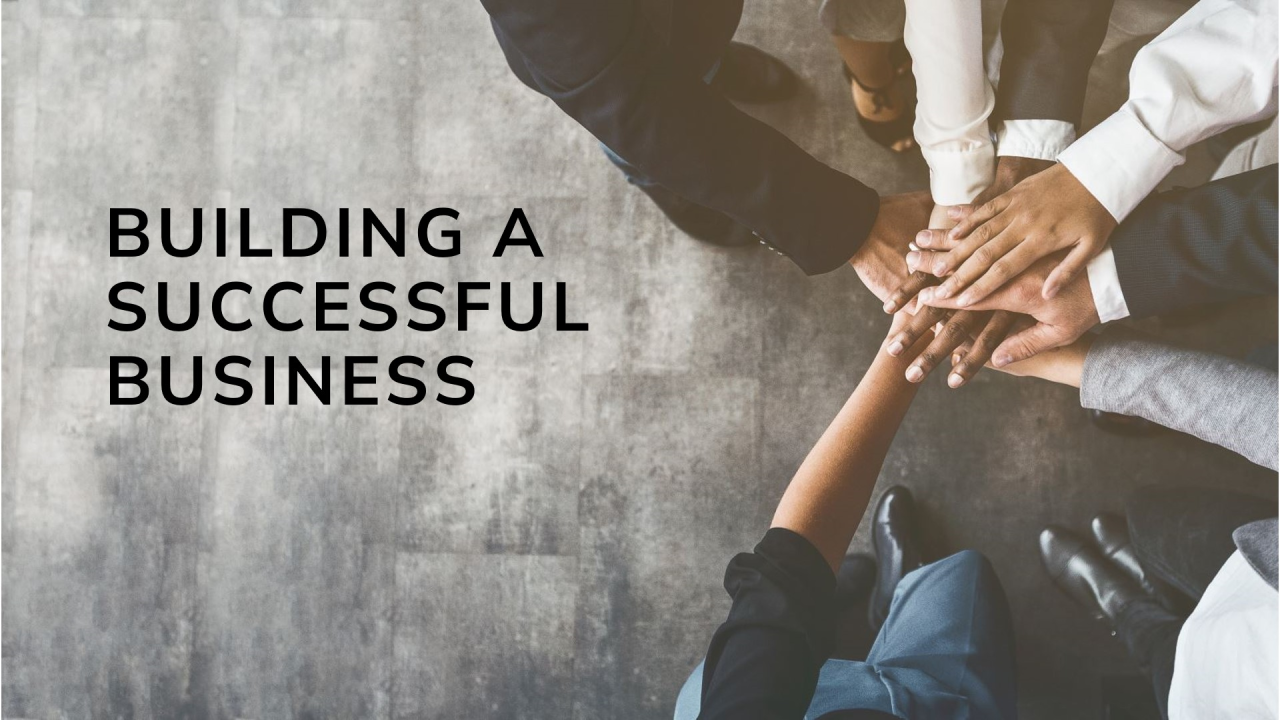
I HAVE spent most of my career building businesses across emerging markets — Africa, Central Asia, the Middle East, Southeast Asia, and Latin America — mainly in edible oils and specialty fats.
What I am sharing with you is not from textbooks or TED Talks — it is what I have learned from being on the ground, facing the chaos, and building something real.
Here are five lessons that have stayed with me over the years.
Trust first, business later
In many emerging markets, relationships come before results. You can have the best product, pricing, and pitch, but if they do not trust you, you will go nowhere.
- Anecdote: When I first tried entering West Africa, I spent over a year just building rapport. No contracts, no orders—just conversations, visits, and showing up. Eventually, that consistency turned into loyalty. Today, those same people are among our most reliable partners.
Business abroad starts with being present, being consistent, and being real.
Adaptability beats strategy on paper
You cannot predict everything: wars break out, freight rates spike, and demand collapses overnight.
- Abwa commissions milk plant
- In the groove: Has inflation hit the music markets?
- Zimbos snub Zec voter registration programme
- Business opinion: Brand customisation
Keep Reading
- Anecdote: In 2023, the Russia-Ukraine war, inflation, and regional conflicts turned our trade routes upside down. We had to rework offers, logistics, and pricing weekly. It was not about having the perfect plan — it was about moving fast, staying flexible, and making tough calls calmly.
- Tip: You need to plan ahead, yes — but improvisation is often the real strategy.
Local insight, global playbook
Don’t copy and paste what worked in one country into another.
- Anecdote: In Saudi Arabia, it is all about long-term personal connections with distributor families. In Vietnam, the priority is pricing precision and delivery reliability. In Sri Lanka, decision cycles are different altogether. One size doesn’t fit all — we had to localise everything: product specs, payment terms, even packaging formats.
- Tip: Lean on local people who live and breathe the market. They will teach you more than any data set.
Resilience is the real currency
Things will go wrong, sometimes for weeks, sometimes for years.
- Anecdote: I was a heavy smoker for 21 years — two packs a day. Then I quit cold turkey overnight. Two weeks later, I sat down with my smoking friends — didn’t touch a single cigarette. That was 18 years ago. That same level of discipline helped me weather business failures, missed shipments, and difficult decisions without losing focus.
- Tip: Resilience is not something you are born with. You build it, decision by decision.
Train like a triathlete
Running a business abroad is a marathon, not a sprint.
You need stamina, strategy, and mental toughness to keep going.
- Anecdote: I have done several triathlons. The hardest part is not the physical strain — it is the mental game. Your body wants to give up, your brain tells you to stop, and you still keep moving. That is what building a business abroad feels like sometimes.
- Tip: Whether it is sport or business, endurance comes from showing up every day, even when you do not feel like it.
Let me wrap this up by saying building businesses abroad is not about mastering complexity.
It is about learning how to navigate it with humility, curiosity, and consistency.
If you remember nothing else from this article, remember this: build trust before business, stay adaptable in chaos, respect local context over global assumptions, strengthen your resilience like a muscle, and above all, train your mindset like a triathlete because this journey is long, tough, and incredibly rewarding.
- Jayaratnam is a Singaporean business leader with extensive experience working in Africa.











